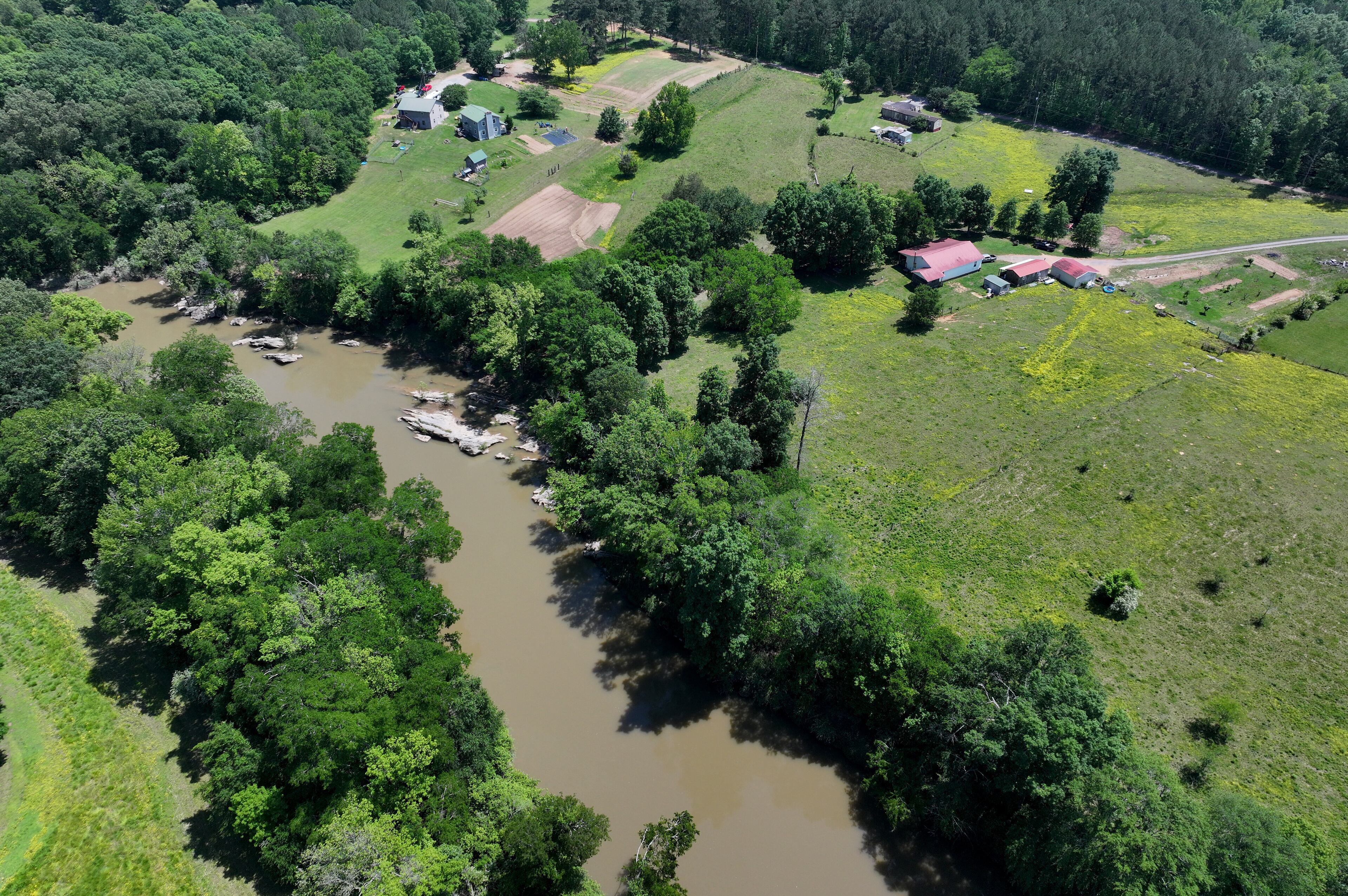Pinched between peril and possibility, we need climate leadership
Growing up in my hometown of Atlanta, I didn’t think much about hurricanes. Sure, I heard about them on the news, but 250 miles inland, they weren’t part of my reality. I certainly never imagined a hurricane like Helene, leaving an unprecedented trail of devastation from the Gulf Coast to Appalachia: downed trees and power lines, communities gutted by flooding, lives literally washed away. Across the South, people were barely beginning to pick up the pieces when Hurricane Milton roared ashore with terrifying power.
One storm following another, back-to-back, without time to heal — as a climate expert, I have long feared this reality. In Georgia and across the United States, we’re facing more and more extreme weather. Droughts parch farmland. Heat domes come and stay. Severe thunderstorms bring sudden floods. Hurricanes do damage we can hardly wrap our minds around. All of it is costing billions in repairs and recovery, where recovery is even possible.

These events aren’t random. Science shows us that a warming climate — caused primarily by pollution from fossil fuels — is making our weather more erratic, more intense. Water in the Gulf continues to get hotter, brewing hurricanes that are more frequent and gather more quickly, with heavier rain and higher winds. We can now assess the direct link between climate change and specific storms, including Helene or Milton. The pollution in our atmosphere is altering our reality from coastlines to ridgelines.
But, ultimately, this isn’t about research or data or charts. It’s about the toll on all of us. How do we make a life that’s constantly at risk of being torn apart? How do we protect our families and our future when the ground beneath us is shifting? For me, the air often feels heavy, not just with humidity, but with the weight of worry.
We can’t stop these trends in their tracks. Which means there’s critical work to do on shoring up communities and getting people out of harm’s way before storms strike. But as I look across the state of Georgia, I’m reminded that we are already pushing back against the root causes of this crisis. Alongside climate devastation, there is also climate progress.
In the past two years, Georgia has become the No. 1 state for new clean energy jobs, with more than 30,000 jobs and $23 billion in investment statewide. We are making solar panels in Cartersville and Dalton. In Fort Valley, we are making electric school buses, which more students are riding. Major battery plants are in motion near Newnan and outside Savannah. West Atlanta is now home to Georgia’s first community-owned resilience hub, which can provide backup power during grid outages. With each project, we’re creating lifelines — for workers who need good jobs in industries with staying power and for everyone with a stake in a climate-safe future.
My home state is leading a much more hopeful national trend — the beginning of a new economy. The kind of economy that will help limit climate change. From South to North, East to West, the impact of the Biden administration’s historic Inflation Reduction Act is being seen across the country, setting the stage for significant change. Since the act passed in 2022, we’ve seen a boom in U.S. clean energy manufacturing and innovation, from electric vehicles to heat pumps. Many of these new projects are rooted in rural or low-income communities, where they drive outsize benefits.
As I witness this growth of homegrown solutions, it’s clear that clean energy isn’t just a climate win — it’s the foundation of an economy that works for all Georgians. And the momentum is growing. We have the opportunity to expand these successes across the state and across the country.
What a moment we’re in — caught between peril on one side and possibility on the other. We face the dread of the next pressing weather threat, but we also witness the profound opportunity of clean energy in action. The decisions we make now — whom we elect, the policies we support — will determine whether we lean into that opportunity or continue down a path of increasing devastation. Leadership in this moment could not matter more.
When I head to the polls in November, I will remember my friend whose home is teetering on the edge of a washed-out gully. I will remember my neighbor who texts late at night, “I’m so scared for my babies.” I’ll be thinking about all the people rolling up sleeves to help their communities today and linking arms to shape the reality of tomorrow.
I refuse to give up on what’s still possible and let peril be our only story. Climate solutions need allies at every level of government — and especially in the White House.
Katharine K. Wilkinson, an Atlanta native, is an author and climate leader. Her books include the bestselling anthology “All We Can Save,” and she cohosts the podcast “A Matter of Degrees.” The views expressed here are her own.


